Nov 21, 2018
Young man paves creative path to life in rural Japan
Gallery - Guesthouse Mori to Machi, Enshu Morimachi rural Shizuoka
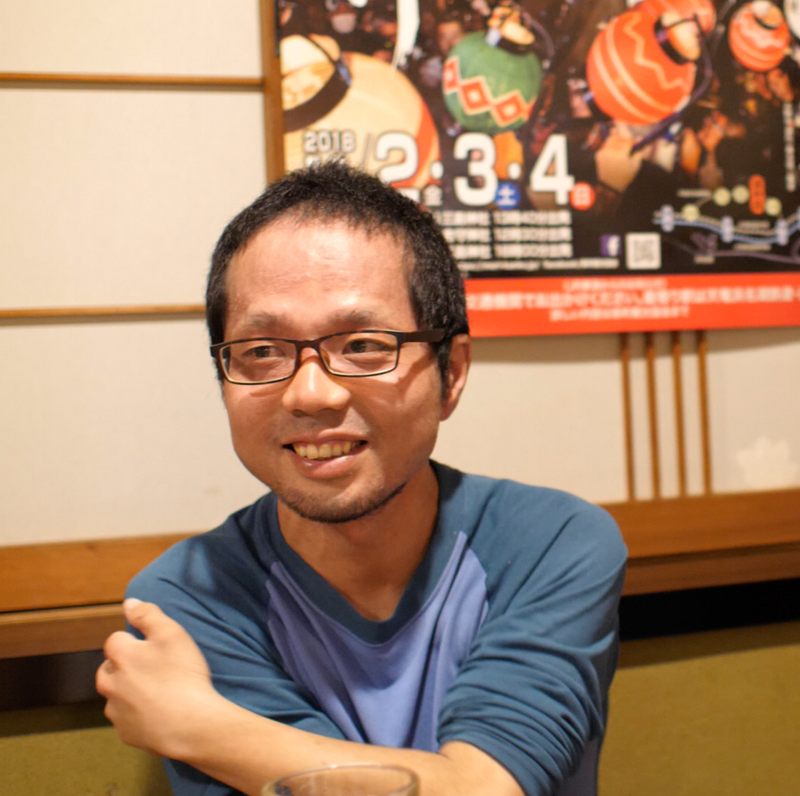
Shinya Iwase’s path to the rural life in Shizuoka Prefecture, central Japan, started from a place many might be familiar with, a hometown that is neither country nor city.
As is often the case with young people and such places as fit neither extreme, Iwase (37) acted on a desire to leave his hometown in the Hamamatsu district of Shizuoka Prefecture, moving to Tokyo to study at a university of agriculture.
“I went to a high school that specializes in the business and commercial sector but after that I felt that it would be primary industries, rather than jobs involved in moving money or just for making a profit that would become more important for Japan.”
Iwase’s university studies took him overseas to rural communities in Malaysia and Indonesia. After graduating he found his way into building design, working out of the offices of an architectural firm in the Japan capital before moving back to Hamamatsu where he lived and worked for the next 10 years, living in the kind of structure that comes with company life.
But with the late hours and little time for holidays Iwase felt that such a lifestyle wasn’t for him.
“I wanted to try living in the countryside, so based on that I traveled around Japan for about a year, sometimes sleeping in my car. While I was traveling I applied to the WOOF program, staying and working with farmers in return for food and a place to stay, mostly around the Inland Sea area,” says Iwase over dinner at his rural base, the town of Enshu Morimachi, in Shizuoka prefecture's west.
It was the same WOOF program that initially brought Iwase to Morimachi where he stayed for a month, in a location in the mountains, the kind of place where you get your water from the mountain, and warm the bath water using firewood.
“There are many places like that in Morimachi, deeper in the mountains,” he tells us with enthusiasm.
Perhaps it’s a similar enthusiasm that inspired Iwase to bring us to local izakaya, Sasagawa (ささ川) in the center of town, in which we currently sit, which he describes as “deep” -- English language employed by the Japanese to let you know when something is off-the-beaten-path authentic. Upon arriving at the deep izakaya though, Iwase was afforded the warm welcome of a local, an early sign for us of rural Shizuoka's, and perhaps rural Japan’s, potential charms.
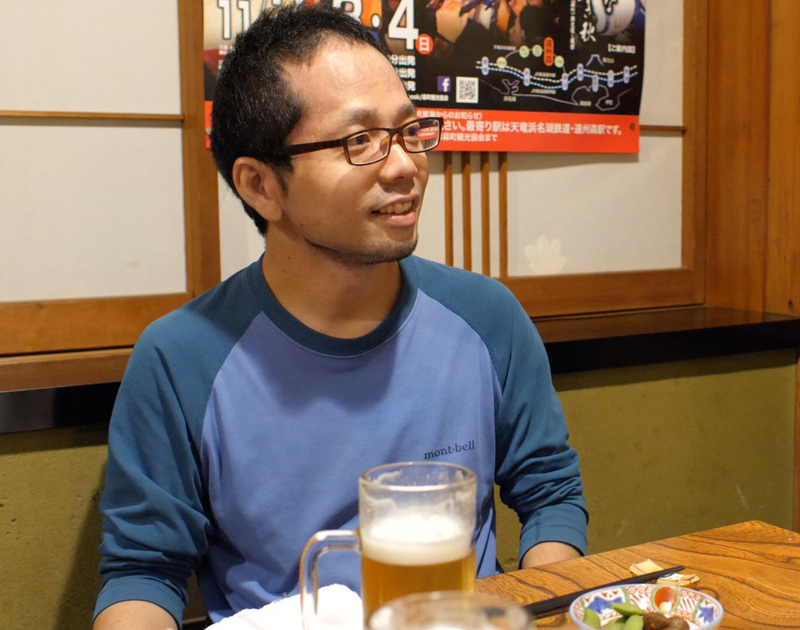
Iwase has been in Morimachi for just over two years now, living and working out of a charming old property in the center of town, part of which he has converted into a guesthouse.
The decision to stay put in this particular corner of rural Japan, while in part due to having been won over by the town’s old atmosphere, is rooted in something more Japanese.
“I’m the first son in my family so, in Japan, this gives you a strange sense of loyalty to your hometown, a duty to look after your parents and the family home. This culture still remains in Japan, particularly in the countryside.”
Upon choosing Morimachi, about a 40-minute drive from Hamamatsu, as a place to make a go of the rural life, Iwase learned about the chiiki okoshi kyouryoku-tai (地域おこし協力隊 - no official translation but something like “Regional Development Cooperation Volunteers"), a government program supporting rural development and the young people who want to move into such areas.
“Young people are focusing on places like Tokyo and Osaka to find work. These people are getting out of the countryside so that section of the population is decreasing. But among some young people there are those who, rather than the busy Tokyo life, want to live a little slower in the countryside,” says Iwase.
The program then, administered at a local government level, recruits and supports these young people in their move to the countryside, providing a basic income for three years.
“In return they bring their power to the area helping out with things like farming, or in my case, I helped to create a hiking course with the local people, and now, I’m using local produce to make snacks and confectionary with the high school students," Iwase tells us, listing just some of the activities he has turned his hand to since moving to the town.
According to Iwase there are around 5,000 people currently enrolled in the program, living and working in rural regions across Japan. It’s a number which he seems to reflect on positively and one that could reveal an increasing desire among younger generations of Japanese to get out of the city.
“Perhaps they (young people) feel that in the countryside there are fewer rivals to the things they want to try. That local life is more interesting and more and more people are placing greater value on doing those things that they find interesting,” says Iwase, speculating on reasons behind the apparent shift in attitudes.
“Maybe people feel that there is too much of a focus on Tokyo.”
While Iwase feels that the basic income provided by the program is enough for him, he’s aware that the support will come to an end leaving him and others in his position to fend for themselves.
With an eye on continuing his rural lifestyle in Shizuoka, Iwase renovated the second floor of his home in Morimachi, converting it into a guesthouse that opened in August of 2017.
Guesthouse Mori to Machi / ゲストハウス森と町 (formerly a traditional Japanese confectionery store), is a beautiful property fronting one of the narrow old streets of Morimachi that give credence to the town’s adopted moniker of “Little Kyoto.”
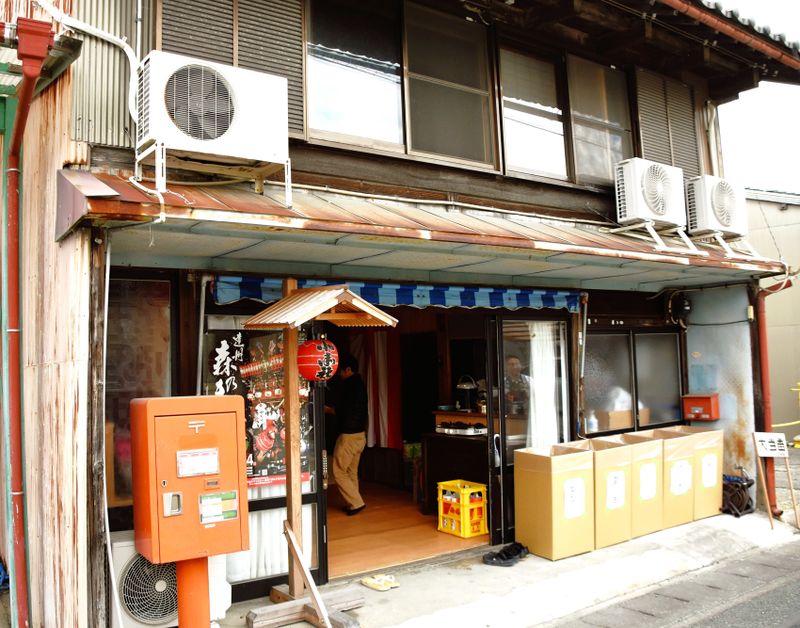
(Iwase's residence and guesthouse in Enshu Morimachi, in preparation for a local festival)
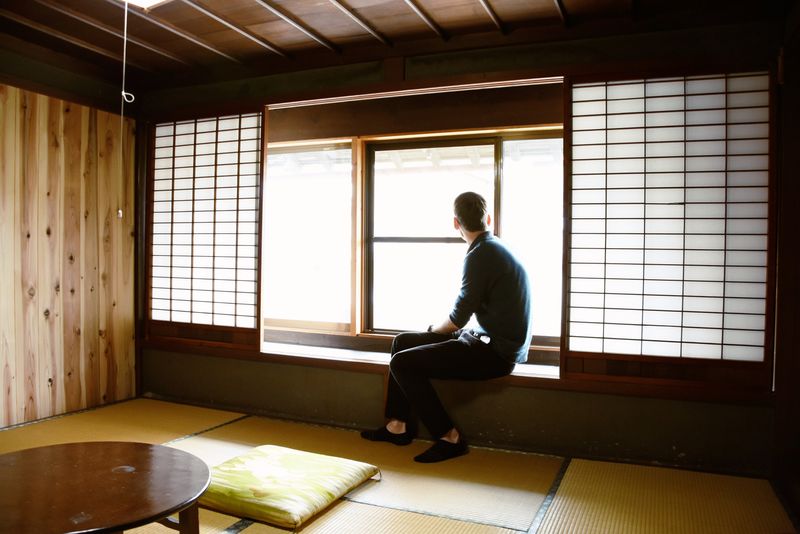
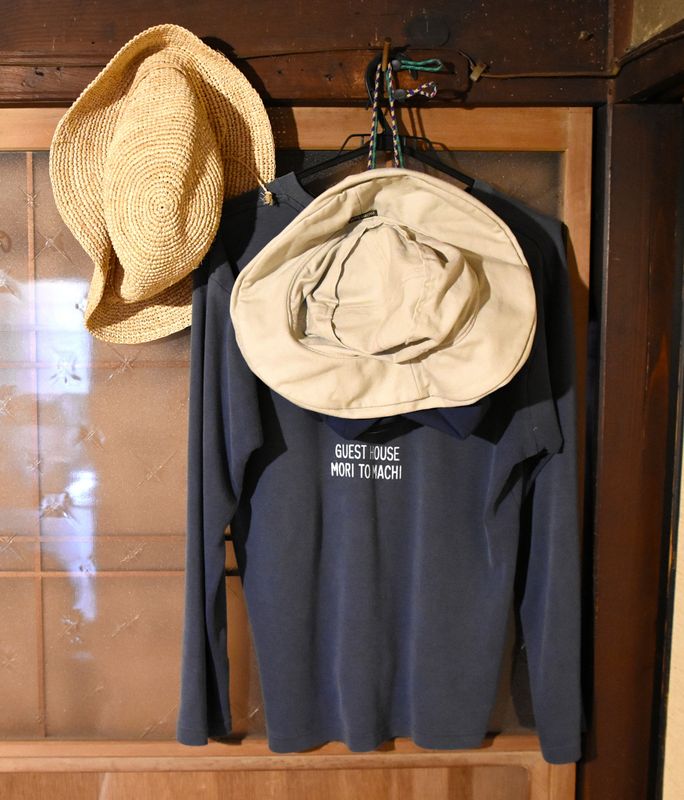
The lodging features a family-style tatami room overlooking the street, a twin room, and bunk beds that can be curtained-off. Downstairs Iwase showed us a communal area which he sometimes uses to host live music and a bar, and outback a terrace which he built extends from the communal kitchen to look out over the garden.
Staying overnight at Guesthouse Mori to Machi it was easy to get a sense of Morimachi’s past as a popular road stop for travelers making a pilgrimage in the Shizuoka region during the Edo period. While travelers of today are following a different route, they are finding their way into town.
“We’re about halfway between Tokyo and Kyoto, right, so a lot of people stop over on their way between to the two,” says Iwase of the guests that use the property, around twenty percent of which have been foreigners, mostly from western countries.
It's at this point that the proprietor of our izakaya interjects to show us a message he received from a traveler from overseas who stopped off in Morimachi on their way to Tokyo from western Japan by bicycle. They wanted to pray for a safe journey at one of the local shrines, we're told.
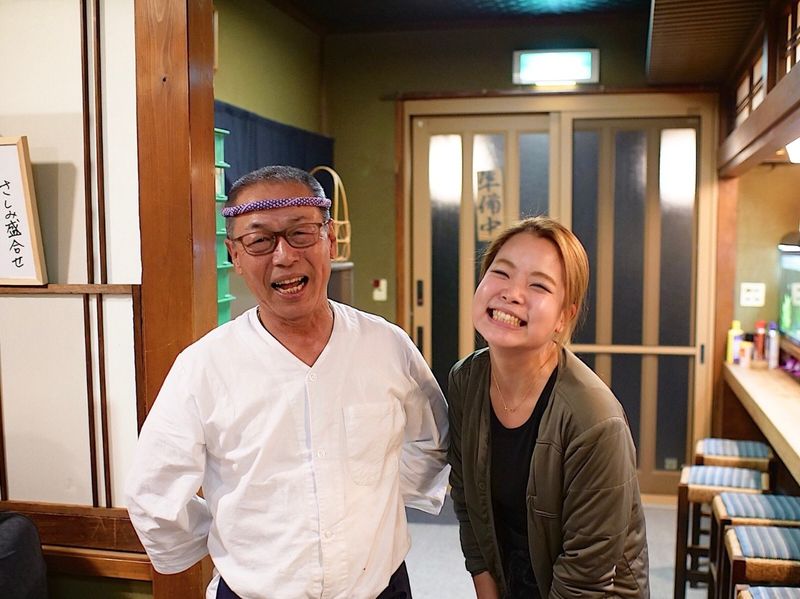
(Warm welcome - Proprietor and staff at izakaya Sasagawa, Enshu Morimachi)
Iwase had guided the traveler around town. Inquiring about what’s to do for other travelers who stop in Morimachi, Iwase’s warm enthusiasm comes to the fore again as he tells us about tours along mountain bike trails in the area (trails he helped to develop), river canoeing, fishing in summer, and the simple pleasures of heading out into the surrounding mountains to camp and brew tea or coffee using water supplied by natural springs.
As for staying longer in such a place, well, that Iwase enjoys the rural life in his chosen location is clear and he has ideas about how others might do likewise.
“For example, to see people working in agriculture not simply as farmers but doing so creatively, by using the products they grow in, say, their own restaurant, putting on events, or making their own omiyage and snacks. I think the more creative you get with agriculture, the more fun it becomes.”
Such thinking might be considered progressive in a Japan where roles in the workplace are often strictly defined, and inhibitive, with Iwase explaining that the people who make things often do only that, and likewise the people who then sell them, creating a disconnect at each stage of the process.
“To sell (directly to the consumer) those things that you produce yourself, in agriculture also, is surely more fulfilling,” he continues.
“If the number of people doing things like this increases, local life will become more interesting, young people will return to Morimachi, and other people will move here. I would like to help create a situation like this.”
And while Iwase seems to be under no illusions about the challenges of rural life in Shizuoka, or Japan as a whole, he appears to relish them, showing no signs of wanting to return to the city.
“I spent a long time living the company life so I like that in terms of work, I can decide for myself what I’m going to do tomorrow. Of course, that’s not limited to Morimachi.”
for more about rural life in shizuoka & Japan
Video highlights ...
Guesthouse Mori to Machi
Facebook: @morimachiguesthouse



2 Comments
genkidesu
on Nov 21
This was such a great read! As a family who have gone from living in cities back home, to living the city life as Japan expats, who are now living in the Japanese countryside, I definitely understand the allure of country living. I'm always interested in hearing stories about how people ended up living their countryside lives, especially in cases where they were in the city and then did the opposite of what most people these days are doing. Migrating to a rural town instead of heading to a city definitely presents some challenges, but I think the rewards are worth it.
City-Cost
on Nov 22
@genkidesu - Thanks for the kind words and your insight! Glad you enjoyed the post. Hopefully we will have more stories like this to share soon.